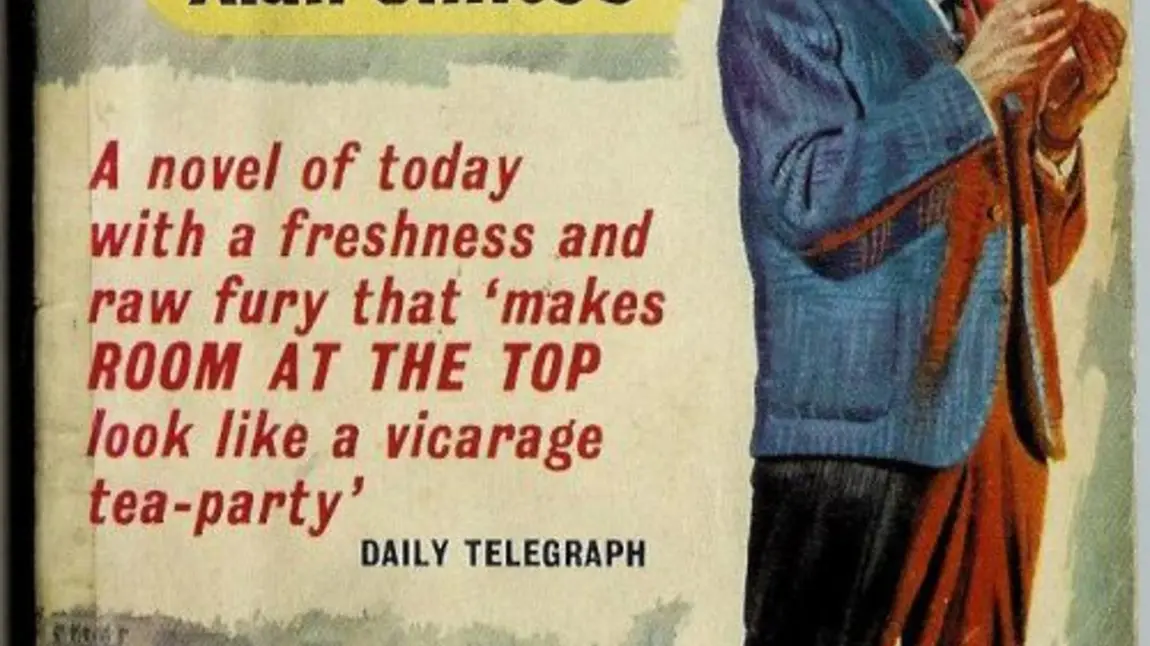Brought to book: celebrating Nottingham's literary heritage

The East Midlands city joins an elite group of just a dozen cities worldwide awarded the accolade by UNESCO. Two others in the UK are Edinburgh and Norwich.
The designation, which is permanent, will not only celebrate past achievements of famous local authors such as DH Lawrence, Alan Sillitoe and poet Lord Byron, but it also aims to promote literacy and the joy of reading.
National Lottery funding in Nottingham
Several past and current projects that have received National Lottery funding have already done much to explore and share the city’s rich literary heritage.
Jonathan Platt, Head of HLF East Midlands, said: "This designation is most welcome and I'm sure that it will really put Nottingham on the literary map."
Angry Young Men
A grant of just over £9,000 supported a University of Nottingham project called Saturday Night and Sunday Morning, named after the first of Alan Sillitoe’s bleak 1950s novels of the 'Angry Young Man' genre. The project gave residents the chance to learn about the cultural and social background of the controversial book that, along with its film version, was set in the city.
Bromley House Library
A grant of £43,000 has just made it possible for Bromley House Library to complete the first online catalogue of its unique collection of nearly 40,000 titles. The Library, which has now been named as the official address of the City of Literature, was first established as a lending library in 1816 and its ever expanding collection provides a fascinating window on what Nottingham people have been reading over the ensuing two centuries. Following Alan Sillitoe’s death in 2010, his widow, poet Ruth Fainlight, presented some of her late husband’s book collection to Bromley House.
Byron's resting place
The restoration of St Mary Magdalene Church at Hucknall, on the outskirts of the city, is also being supported by us. An £100,000 grant is paying for vital repairs to the building and to display information relating to Lord Byron who is buried in the church alongside his daughter Ada Lovelace. Although Byron was one of the greatest literary figures of the Romantic era, Westminster Abbey refused to permit his burial in 1823 in Poet’s Corner citing his scandalous lifestyle as its grounds for refusal. So his remains were interred in the final resting place of his forebears, in the humble parish church of St Mary Magdelene.
Oscar Wilde court appearance
Finally, an offbeat literary link can be found in the Galleries of Justice Museum, housed in Nottinghamshire Shire Hall. Currently undergoing an extensive makeover thanks to our grant of almost £1million, the unusual museum now boasts, as an exhibit, the original prisoners' dock from the former Bow Street Magistrate’s Court in central London. Many a notorious felon and murderer was committed for trial from that dock and, of literary interest, so was novelist, wit and playwright Oscar Wilde who appeared there in 1895 charged with indecency.
How to find out more
Find out more about the UNESCO City of Literature bid on the Nottingham City of Literature website.